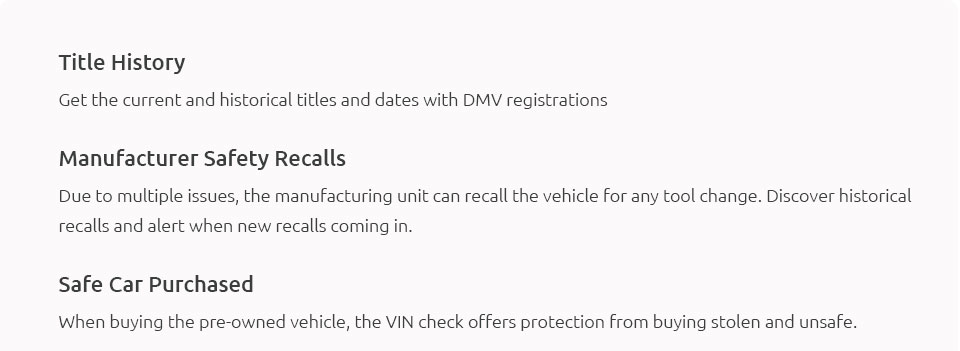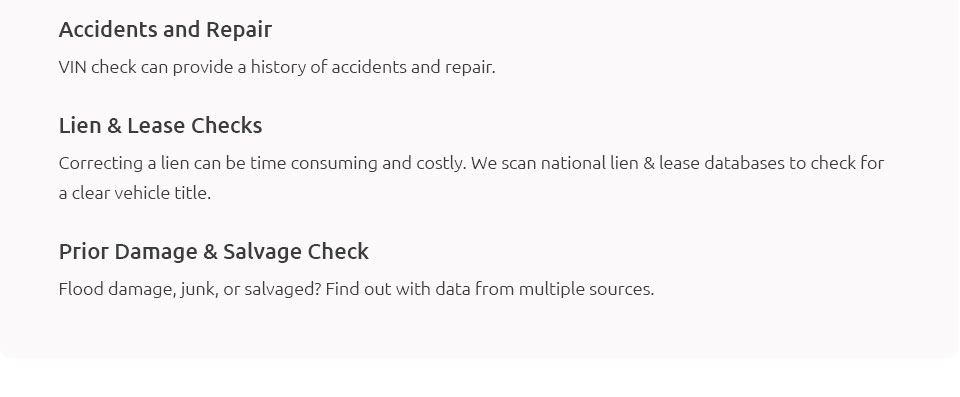 |
 |
 |
||
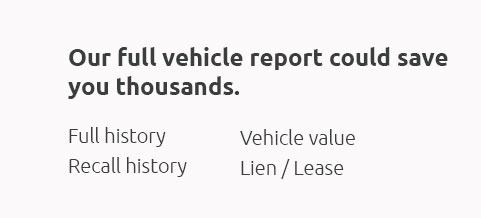 |
 |
|
 |
||
 |
 |
 |
 |
||
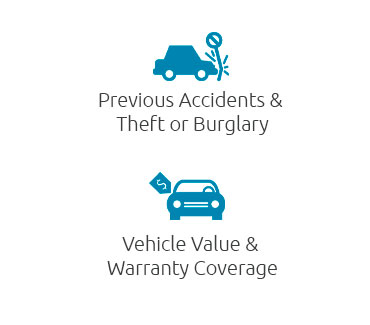 |
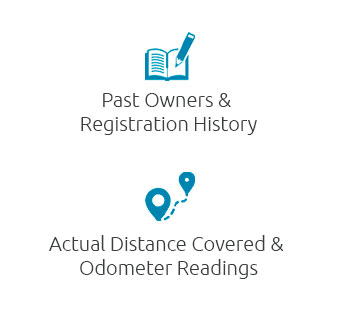 |
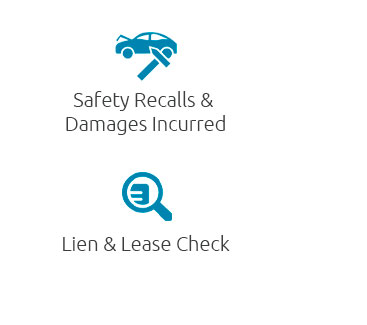 |
 |
 |
||||
|
||||
 |
Understanding the Importance of Checking Vehicle Title StatusWhen considering the purchase of a vehicle, whether new or pre-owned, one critical step that is often overlooked yet immensely important is checking the vehicle title status. This process, though seemingly mundane, holds the key to ensuring that your investment is sound and free from potential legal entanglements. The vehicle title is essentially the legal document that establishes the ownership of the vehicle, and its status can provide valuable insights into the vehicle’s history and condition. Firstly, it is essential to grasp what a vehicle title encompasses. At its core, the title includes information such as the vehicle’s VIN (Vehicle Identification Number), the owner’s details, and any pertinent information about liens or loans associated with the vehicle. Why, you may ask, is this important? Because this document is a reflection of the vehicle's past, and any discrepancies can lead to future headaches. It is akin to the vehicle's resume, detailing its life events, both good and bad. When you check the vehicle title status, you are looking for several key indicators of a clean and legitimate title. A clean title means the vehicle has not been reported as a total loss by an insurance company, nor has it been salvaged or rebuilt. One might wonder how to conduct this check effectively. Fortunately, there are numerous resources available to facilitate this process. Services such as Carfax and AutoCheck provide comprehensive reports that can be purchased for a nominal fee, and these reports delve into the vehicle's history, offering details on past ownerships, accident records, and title status. It is worth mentioning that some may question the necessity of spending additional money on these reports. However, the peace of mind they offer is invaluable. Imagine purchasing a vehicle only to later discover it was once declared a total loss after a severe accident. The financial and emotional toll of such a revelation far outweighs the cost of the report. Thus, investing in a vehicle history report is a prudent decision. Moreover, many states offer online portals where prospective buyers can check the title status directly through the Department of Motor Vehicles (DMV) websites. This service is usually free or available for a minimal fee, providing an accessible option for verifying the legitimacy of the title.
In conclusion, checking the vehicle title status is an indispensable part of the car-buying process. It ensures that you are fully informed about the vehicle's past, protecting you from unforeseen complications. Whether through third-party reports or direct checks with the DMV, taking this step is a testament to due diligence, safeguarding your investment, and ensuring that your vehicle ownership experience is smooth and devoid of unpleasant surprises. Indeed, a thorough understanding of the title status can be the difference between a wise purchase and a regrettable one. https://www.reddit.com/r/DMV/comments/1abalhn/how_to_see_if_dealer_transferred_title_to_them/
Car Dealer Transferring Over Title To Me - How To Check Status, What Happens if Late? 1 upvote 7 comments. r/DMV. 1 yr. ago - California VIN ... https://epicvin.com/vin-check-by-state/california
To conduct a CA VIN Lookup, put any vehicle's serial number into the decoder, and you will receive access to details specific to the vehicle it is associated ...
|

